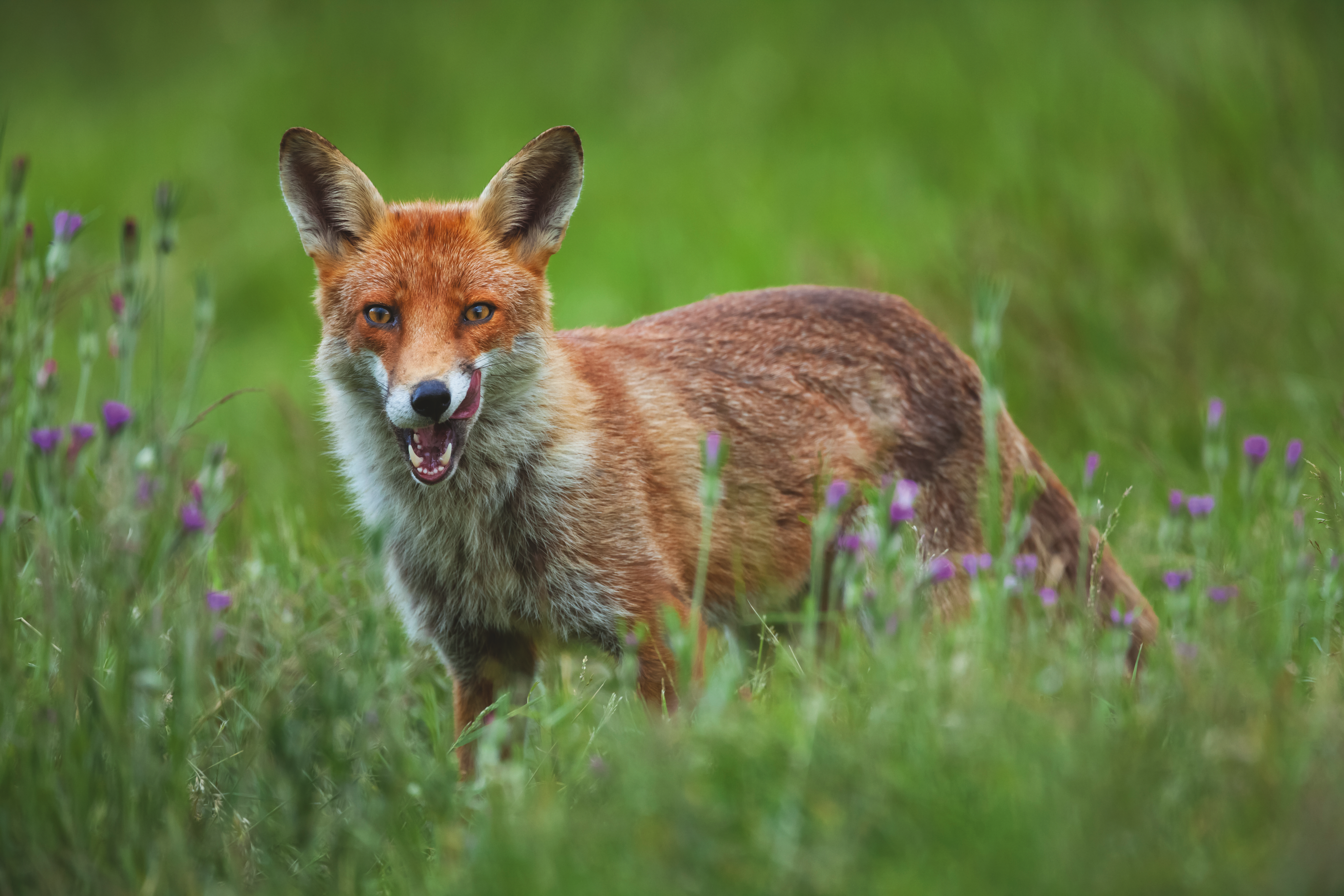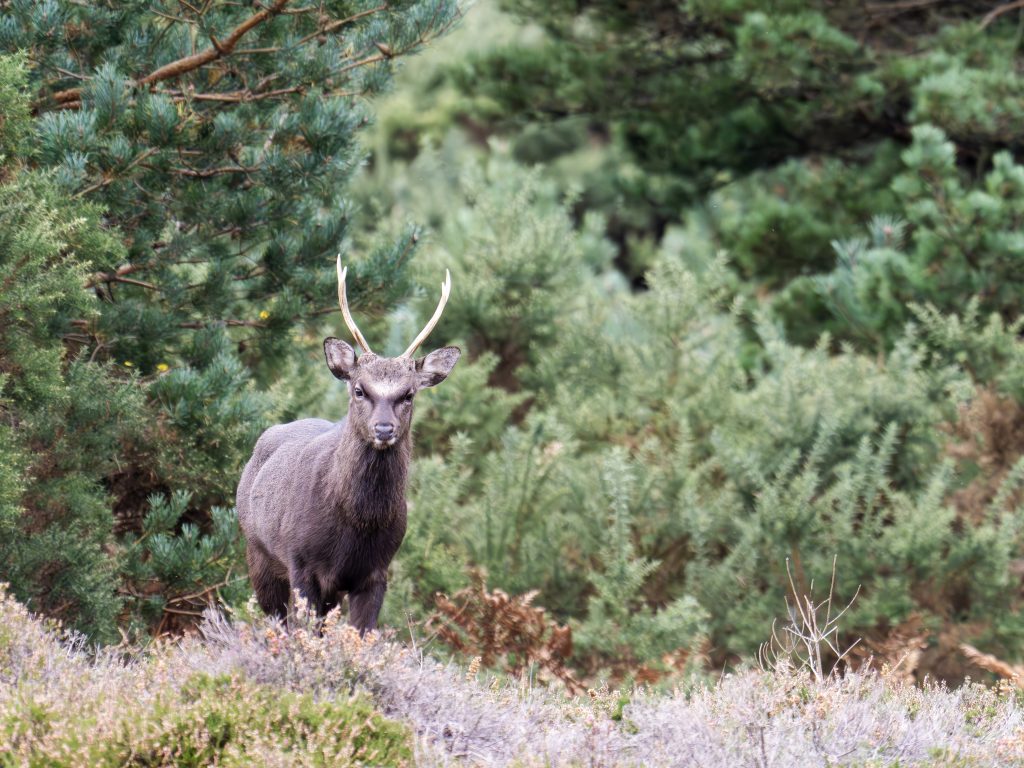The countdown is on for The British Shooting Show – book tickets online today and save on gate price!
No predator control means no birds
New research has confirmed what every experienced keeper already knows: control predators or lose vulnerable bird species

New research has confirmed what every experienced keeper already knows: control predators or lose vulnerable bird species.
The Game & Wildlife Conservation Trust’s Upland Predation Experiment, a landmark 20‑year study on 3,000 acres of Northumberland moorland, demonstrated that ground‑nesting birds thrived when foxes and carrion crows were properly managed.
Bird numbers collapse when predator control stops
When predator management ended in 2008, the results were devastating. Golden plover numbers crashed by 80 percent, snipe by 76 percent and red grouse by 71 percent. Half the lapwings disappeared, along with a quarter of the curlews. Black grouse and grey partridge were wiped out entirely.
Meanwhile, fox numbers exploded by 78 percent and carrion crow populations surged by an astonishing 127 percent – clear evidence of the impact unchecked predators have on fragile bird populations.
Three times better breeding success under keepering
The study found that ground‑nesting birds enjoyed three times better breeding success on areas with effective predator control. These findings reinforce the conservation value of professional gamekeeping, which helps maintain the delicate ecological balance required for many threatened species to survive.
Lindsay Waddell, former chairman of the National Gamekeepers’ Organisation, voiced the frustration of many keepers: “No matter how robust the science is, those who don’t believe in controlling some species to save others will simply ignore it.”
The evidence is clear: sustained predator control is essential to safeguarding the UK’s ground‑nesting bird populations.
Related Articles
Get the latest news delivered direct to your door
Subscribe to Rifle Shooter
Elevate your shooting experience with a subscription to Rifle Shooter magazine, the UK’s premier publication for dedicated rifle enthusiasts.
Whether you’re a seasoned shot or new to the sport, Rifle Shooter delivers expert insights, in-depth gear reviews and invaluable techniques to enhance your skills. Each bi-monthly issue brings you the latest in deer stalking, foxing, long-range shooting, and international hunting adventures, all crafted by leading experts from Britain and around the world.
By subscribing, you’ll not only save on the retail price but also gain exclusive access to £2 million Public Liability Insurance, covering recreational and professional use of shotguns, rifles, and airguns.
Don’t miss out on the opportunity to join a community of passionate shooters and stay at the forefront of rifle technology and technique.




